


Shanghai
Asia
/
China
/
Shanghai
Shanghai, being the largest city and the financial hub of China, is idyllically sited on China's central eastern coast where the Yangtze River meets the East China Sea. The city experiences four disparate seasons, including hot, humid summers and cool, mild winters, making spring (March-May) and autumn (September-November) the optimal times to visit.
Shanghai is a city of contrasts, perfectly encapsulating both, old and new China. The historical architecture and traditional neighborhoods of the Puxi side of the city juxtapose Pudong's futuristic skyline that demonstrates China's speedily modernizing aspect. Though the city's lifestyle is bustling and cosmopolitan, calmness can be discovered in its conventional gardens and temples.
What distinctly sets Shanghai apart is its exclusive blend of Eastern and Western influences, discernible in its architecture, cuisine, and culture. The Bund, a riverside promenade lined with colonial-era buildings, is opposite the ultra-modern Lujiazui district, presenting an iconic cityscape that embodies this merge. The city's food spectrum varies from street-side xiaolongbao (soup dumplings) to Michelin-starred restaurants.
Ensure not to miss the Yu Garden, a 400-year-old quintessential Chinese garden in the Old City, proposing a serene sanctuary amidst traditional pavilions and rockeries. The Shanghai Tower observatory deck provides spectacular views from the world's second-tallest building. In addition, the French Concession area beckons visitors to explore streets lined with trees, filled with boutiques and coffee houses within former colonial residences.

Get to Know Shanghai
Take a tour of this destination's highlights
Top Sights in Shanghai

Travel Tips for Shanghai
What you need to know before traveling here
Getting Around Shanghai
A guide to Shanghai's local transportation
The expansive metro system in Shanghai is contemporary, efficient, and services most tourist areas. Procure a reloadable transportation card (¥20 deposit) at any station. Signage and announcements are available in both Chinese and English. Trains operate from 5:30 AM to 11:30 PM daily.
Practical Tips for Shanghai
Things to prepare and best way to visit
A VPN must be downloaded before arriving in China, as many international websites and applications are restricted. A local SIM card can be purchased at the airport or at any significant telecom store with your passport.
No, only consume bottled water or boiled water. Complimentary bottled water is offered by most hotels, and it can be easily found in shops.
Major credit cards are broadly accepted, but it's recommended to carry cash for small-scale vendors. ATMs are prevalent, but ensure your card is compatible with Chinese networks. WeChat Pay and Alipay are widely used, but necessitate a Chinese bank account.
Tipping is generally not expected. High-end restaurants might include a service charge, but local restaurants, taxis, and other services do not usually expect tips.
Arrive 3 hours prior to international flights and 2 hours before domestic flights. Security and immigration procedures can be extensive.
See All Practical Tips for Shanghai

Explore Shanghai
Create your itinerary with our top picks below
Set off your journey to Shanghai
Plan smart & save big! Use discount code BISAYUK only for you

Flights

Hotels

Xperience

Get to Know Shanghai

Travel Tips for Shanghai

Explore Shanghai




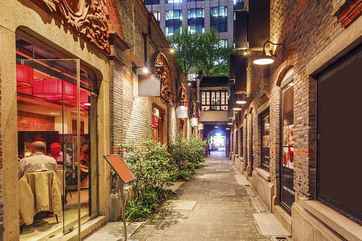






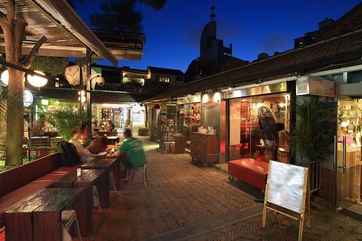




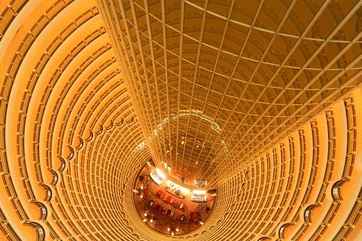
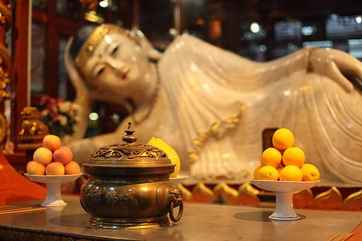












![[Shanghai Acrobatic Troupe] ERA Time Journey 2 electronic ticket (no need to pick up the ticket), 983.744 VND](https://ik.imagekit.io/tvlk/xpe-asset/AyJ40ZAo1DOyPyKLZ9c3RGQHTP2oT4ZXW+QmPVVkFQiXFSv42UaHGzSmaSzQ8DO5QIbWPZuF+VkYVRk6gh-Vg4ECbfuQRQ4pHjWJ5Rmbtkk=/6282353457991/-Shanghai-Acrobatic-Troupe-ERA-Time-Journey-2-electronic-ticket-%2528no-need-to-pick-up-the-ticket%2529-4d4e69ed-2b70-4221-a1dd-9e1542f1366e.jpeg?_src=imagekit&tr=c-at_max,h-456,q-60,w-256)


![[Shanghai Theme Park] Shanghai Shimao Smurfs City Theme Park | Smurfs Park, 608.268 VND](https://ik.imagekit.io/tvlk/xpe-asset/AyJ40ZAo1DOyPyKLZ9c3RGQHTP2oT4ZXW+QmPVVkFQiXFSv42UaHGzSmaSzQ8DO5QIbWPZuF+VkYVRk6gh-Vg4ECbfuQRQ4pHjWJ5Rmbtkk=/7056158735260/-Shanghai-Theme-Park-Shanghai-Shimao-Smurfs-City-Theme-Park-Smurfs-Park-af4c0dba-c60d-4675-8b4c-9ed7c9100f6d.jpeg?_src=imagekit&tr=c-at_max,h-456,q-60,w-256)


![Shanghai, China|Shanghai Film and Television Park + Zhujiajiao Ancient Town Scenic Spot One-day Tour [Star Base Visit & Ancient Town Food & Free Activity at the Bund], 2.461.428 VND](https://ik.imagekit.io/tvlk/xpe-asset/AyJ40ZAo1DOyPyKLZ9c3RGQHTP2oT4ZXW+QmPVVkFQiXFSv42UaHGzSmaSzQ8DO5QIbWPZuF+VkYVRk6gh-Vg4ECbfuQRQ4pHjWJ5Rmbtkk=/3025329229642/Shanghai-China-Shanghai-Film-and-Television-Park-Zhujiajiao-Ancient-Town-Scenic-Spot-One-day-Tour-Star-Base-Visit-Ancient-Town-Food-Free-Activity-at-the-Bund--6d56e8c4-90b1-45d5-b46b-5716ef74b33f.jpeg?_src=imagekit&tr=c-at_max,h-456,q-60,w-256)
![[Must-Do in Shanghai, China] Huangpu River Cruise Ticket | Shiliupu Pier, 418.230 VND](https://ik.imagekit.io/tvlk/xpe-asset/AyJ40ZAo1DOyPyKLZ9c3RGQHTP2oT4ZXW+QmPVVkFQiXFSv42UaHGzSmaSzQ8DO5QIbWPZuF+VkYVRk6gh-Vg4ECbfuQRQ4pHjWJ5Rmbtkk=/5973668278351/-Must-Do-in-Shanghai-China-Huangpu-River-Cruise-Ticket-Shiliupu-Pier-085d436f-414f-4721-8a06-d1e81e159967.jpeg?_src=imagekit&tr=c-at_max,h-456,q-60,w-256)





![[China] Shanghai Changfeng Ocean World Tickets, 479.995 VND](https://ik.imagekit.io/tvlk/xpe-asset/AyJ40ZAo1DOyPyKLZ9c3RGQHTP2oT4ZXW+QmPVVkFQiXFSv42UaHGzSmaSzQ8DO5QIbWPZuF+VkYVRk6gh-Vg4ECbfuQRQ4pHjWJ5Rmbtkk=/6433667994263/-China-Shanghai-Changfeng-Ocean-World-Tickets-8d8bcdf8-386f-4ba2-8185-2bd128c853e9.jpeg?_src=imagekit&tr=c-at_max,h-456,q-60,w-256)





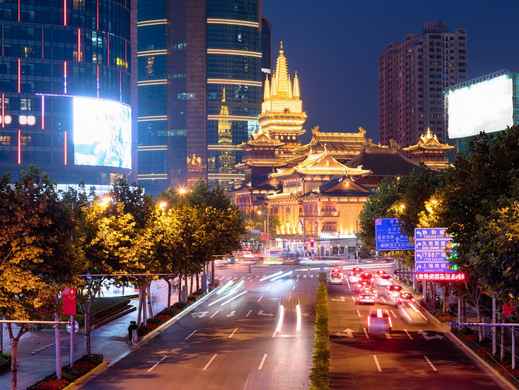

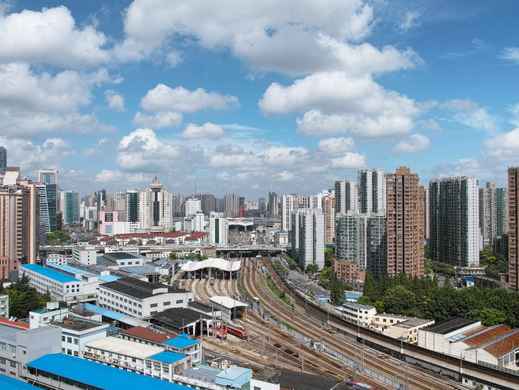





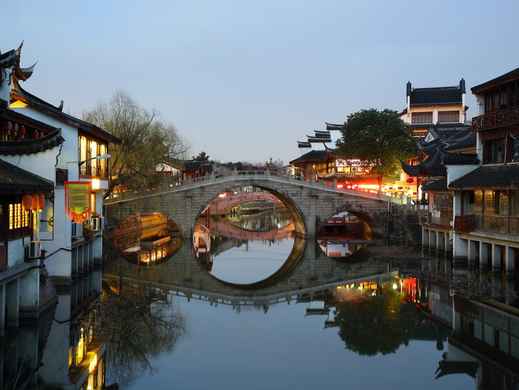

 Facebook
Facebook Instagram
Instagram TikTok
TikTok Youtube
Youtube Telegram
Telegram
